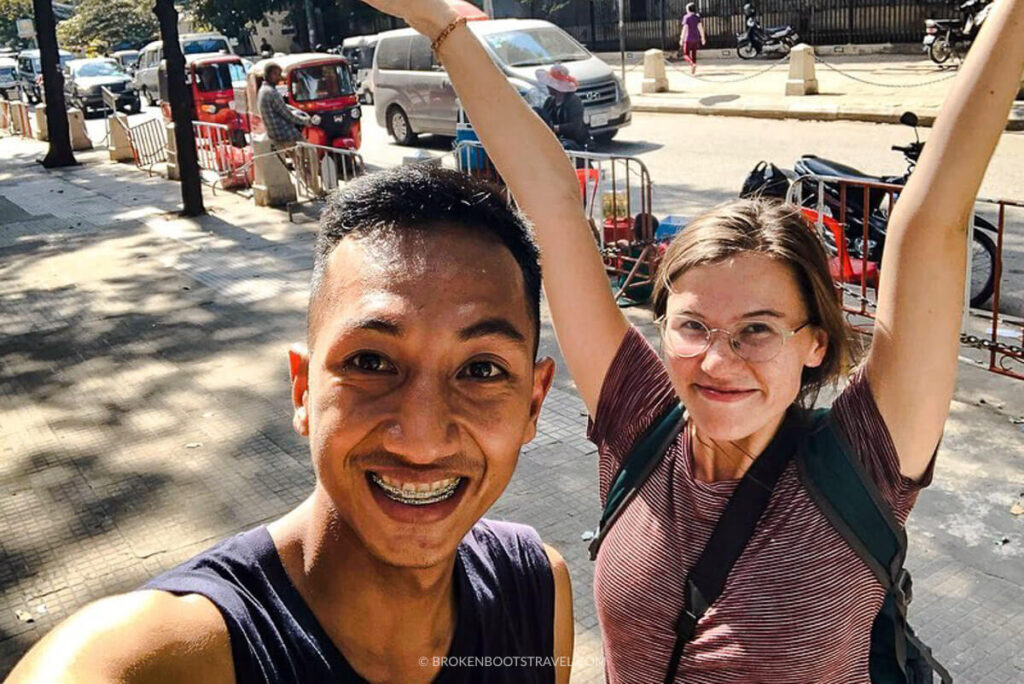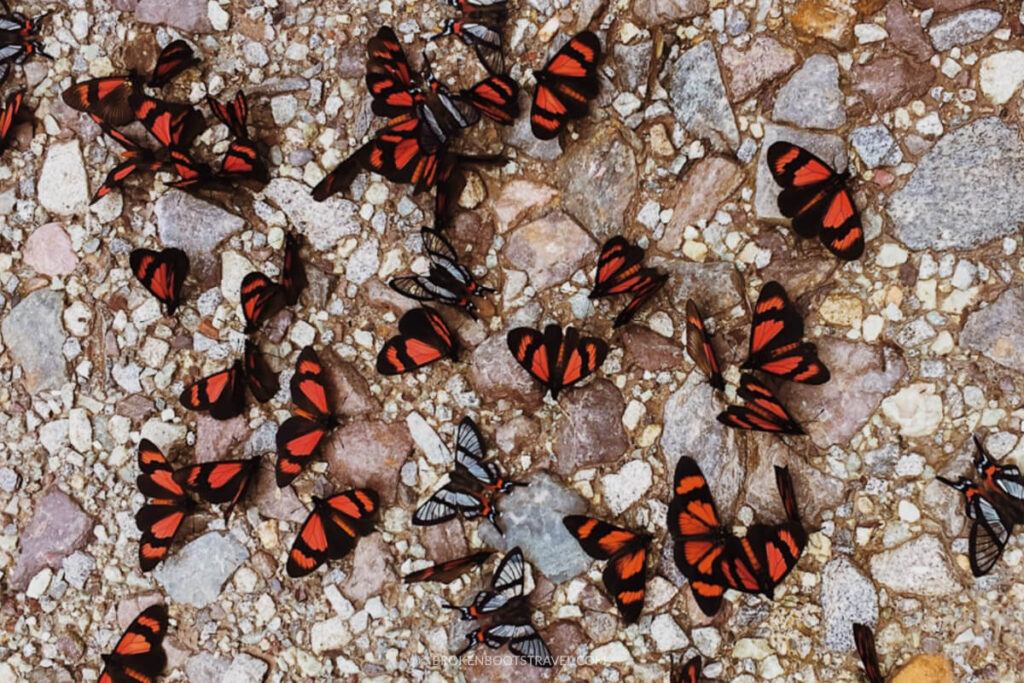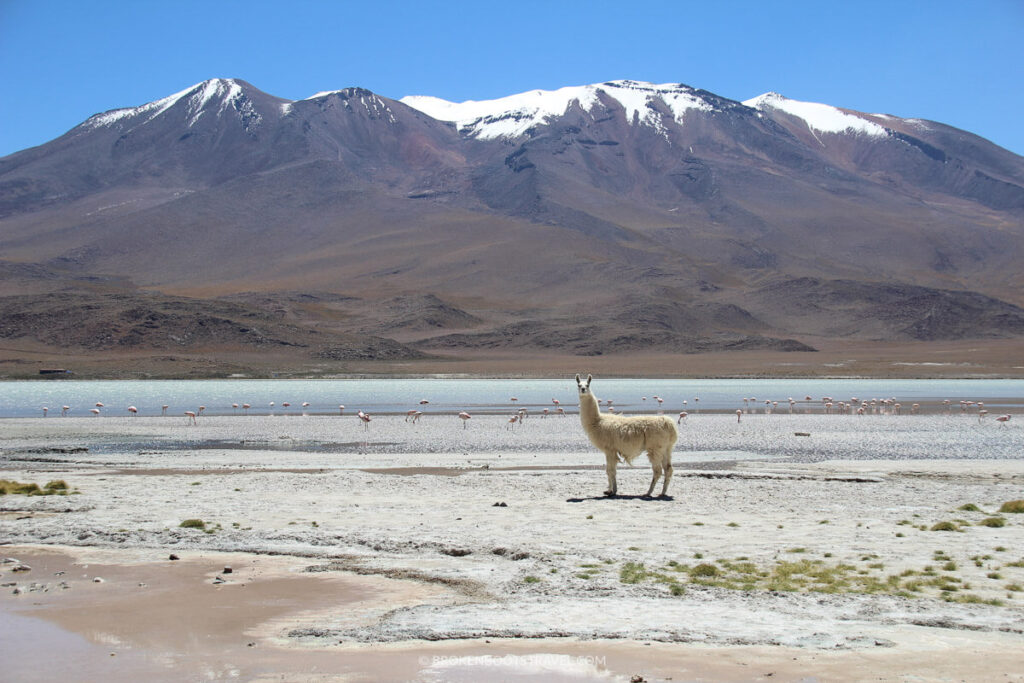The moment I stepped foot out of the Phnom Pehn airport, I was swarmed with tuk tuk drivers. Each one shouted over the next, flocking towards me like geese in a lake, cries of “lady, lady!” echoing over one another.
The next thing I knew, my friend Alex and I were in the back of a white tuk tuk speeding towards our hostel.
Our driver, Chea, was a tall man with a round face and a smile so big it made it appear even rounder. His yellow work shirt was crisp and clean but his plastic sandals were worn at the soles, exposing calloused, dusty feet. The road, crawling with motorcycles and carts and women selling roasted corn, proved no match for Chea, as he effortlessly wove his way through the traffic like he was alone on the road.
“How long you here?” he asked us, swerving past a tuk tuk loaded with a cage of chickens. “How you like Cambodia? You a couple?”
A month, we told him. Yes, so far we love Cambodia. No, we had met only hours earlier at the airport.
He laughed at that. “Traveling is so good for friends!” he exclaimed, stopping the tuk tuk in the middle of the road to smile at us. The other cars, completely unbothered by the roadblock, swerved around us and continued down the road.

“You like to see Cambodia?” he asked. “You want to see Cambodia right now?”
We told him we weren’t opposed to a detour on the way to the hostel. He grinned with glee and took a sharp right down a road filled with chickens and laundry hanging from the line. We barreled past fields filled with broken buildings and stores whose windows were lined with Coca Cola, and a while later pulled up in front of Phnom Penh’s Killing Fields.
Alex and I exchanged a look, and then peered at our massive backpacks beside us in the seat. We weren’t exactly anticipating carrying them around one of Cambodia’s biggest tourist destinations an hour after getting off the plane.
“Here’s an idea” Alex offered, “You hungry Chea?”
Moments later, we were seated at a small wooden table at a nearby restaurant, munching on rice and veggies steamed in spices. Chea began to tell us of his daughter, his already wide smile somehow widening as he told us that she loved to swim. His smile broadened still as he told us about his young son, how he was learning to walk and talk and jump.
“Are they in school?” we asked, not thinking for a second our question was unusual. Chea’s face changed however, the roundness of his face deflating like a balloon and his dark eyes focusing on a crack in the table.
“School very expensive in Cambodia,” he said. He told us that most families can’t afford to send their children to school, and especially not to university. His children, he told us, stayed at home to learn with their mother, but not all children even have that luxury. Many are born into families whose parents can’t read or write, and many more don’t have parents at all, and are left to group together on the streets begging for spare change or committing petty crime.
“When I moved to the city from the coast,” he told us, “it because I want to learn English. I want my children to have opportunity, to be happy.”
He shoveled a last bit of rice onto his fork and washed down his meal with a long gulp of hot tea. Placing his glass on the table, his face became rounder again.
“That’s why I have my tuk tuk!” he said proudly, gesturing over to the vehicle. Chea had parked the tuk tuk among a mass of others in every color imaginable. Some drivers lounged in their cabs, having pitched hammocks between the front and back ends or simply sleeping on the fold out seats. Other drivers congregated four, five, six to a tuk tuk, packed inside like sardines and joking loudly in Khmer. One driver sprayed off his dusty wheels with a garden hose, a task that seemed a bit fruitless with the long stretch of dirt road ahead.
We paid for our meal, and were once again speeding off back towards the city center. The tuk tuk bounced over potholes and rushed through muddy puddles, but Chea continued on unfazed. He pointed out landmarks as we drove by–the night market, the rent-a-bike store, the luxury highrise apartments juxtaposed against the squat houses with dirt floors below.

Suddenly we took a sharp right down a skinny side street, the tuk tuk screeching to a stop in front of a small white building. The front stoop was lined with jars of pickled eggs sitting outside in the hot sun, and a bony brown cat hunched under the hanging laundry. The Captain America underwear hanging over the door frame and pink plastic car with the missing wheels perched outside were obvious proof that children lived there, and as I peered inside I saw a young girl and boy, both wrapped in thin pieces of fabric sitting cross legged on the dirt floor inside.
“This my house!” Chea happily exclaimed. “Welcome! Be right back, I go to get water.”
He had to squeeze past the girl as he crouched through the door, as she had come to peer at us from the door frame. She had Chea’s face, round and happy, but softened at the edges, with dimples so prominent it looked like they’d been worn from years of broad smiles. Her thick black hair was pulled back unsuccessfully and her shoulders poked out from the top of the pink cloth.
She smiled at us and moved out to the front stoop.
“Where your country?” she asked, and we answered. Both from the USA, we told her, but Alex from the west coast and me from the east. We met at the airport in Los Angeles.
“Los Angeles!” she beamed, and her smile grew bigger. “I want to go to Los Angeles.”
“We’ve heard wonderful things about you!” we told her, “We heard you like to swim!” She giggled, her small shoulders shaking under the pink blanket, and nodded vigorously to show extreme enthusiasm.
Chea rushed back outside and practically leapt back into the front seat.
“Bye E!” he shouted, revving the engine. I turned to look back and saw E through the cloud of dust, smiling and waving until we turned the corner.
We rode in silence for a moment, taking in the sounds of honking horns and women selling chicken feet by the curb. Chea was focused on the road, cutting through gaps in traffic and squeezing the tuk tuk through the smallest of alleyways to avoid traffic jams. Every once in a while, he would turn his head and smile at us, his eyes practically disappearing as his smile took up his face.
“Do you like being a tuk tuk driver?” I asked him. He seemed to hesitate on this for a moment before answering. When he did, though his broad smile remained, the light in his eyes wasn’t the same as before.
“I like it,” he said, as we sped past a tire shop that also sold porcelain piggy banks. “I like to help my family. This help my family.”
He went on to explain that he was saving to send his daughter to school one day. Though he didn’t make much, he said, after he had paid for everything his family needed he was able to save about $50 a month. He smiled back at us.
“I want her to speak English, to have opportunity,” he said. “But want to know something? If I wasn’t a tuk tuk driver, I’d be a chef.”
He began describing the dishes he would make, some with names I recognized and others that were foreign to me. Chea was still naming foods when we pulled up outside of the hostel, and seemed taken by surprise that we had arrived already.
“We here!” he exclaimed, pulling up outside the gate. He looked around. “Oh, this the rich part of town.”
I blushed and looked around. I’d found the hostel online the night before. It was $7, which to me had felt like a steal.
We counted out his fare and I asked if I could take his picture. He practically danced with delight.
“Of course!” he exclaimed, and proceeded to pose by his tuk tuk and smile for a selfie. When we finished, he took out his phone and friended me on Facebook.

“Now we can meet again!” he said, “I can cook you Cambodian food! I can give you a ride where you need to go!” He beamed and his eyes disappeared behind his cheeks again, his face appearing rounder than ever.
After we exchanged our goodbyes we watched him speed off again in the tuk tuk, a trail of dust following close behind him. Before long he was lost again to the sea of honking horns and weaving motorcycles.
I was sitting on the rooftop of the hostel later that night when my phone buzzed. “My family love you,” the message read, accompanied by a photo of Chea’s smiling family, all with broad smiles and deep dimples. I laughed as my phone buzzed again. “Don’t forget, I cook you Cambodian food soon.”
I have no doubt he will do just that.
LOOKING FOR MORE STORIES?



Looking for more? Click here to find all travel stories from Broken Boots Travel.
Love stories? Subscribe to my newsletter to get my latest updates delivered straight to your inbox every month. One email a month + no spam? Sign me up!
Virginia Taylor (Ginna) is a travel writer and photographer exploring the world until her boots wear through. She’s currently on a mission to explore all 32 departments of Colombia, though she formerly called the Middle East home. Want to know more? Visit the About Page.